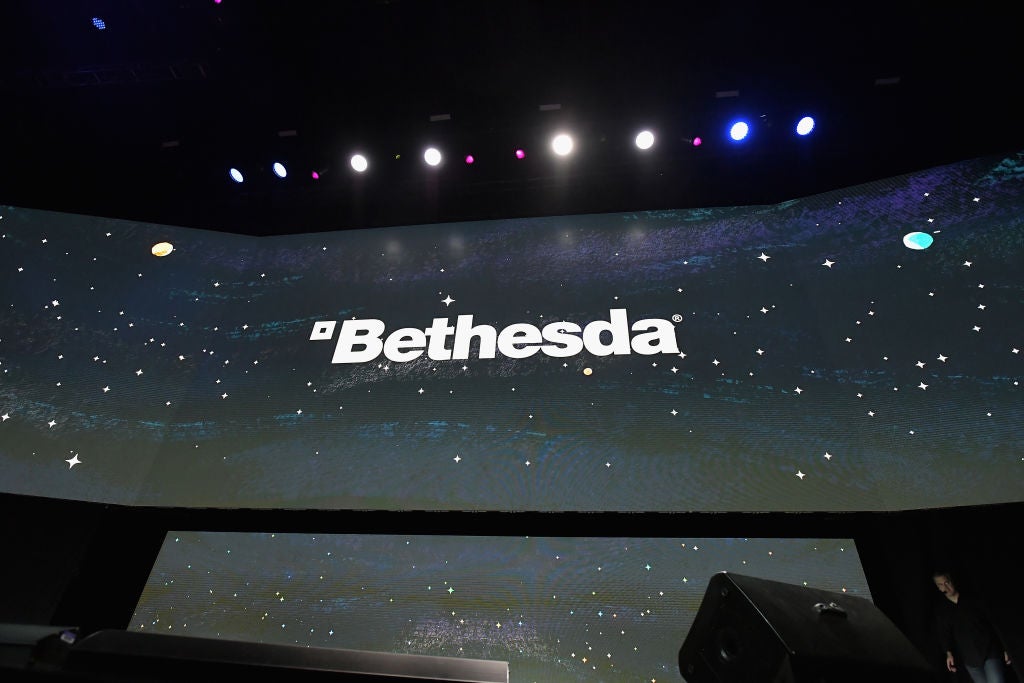The over 70-year-old gaming industry continues to evolve, driven by changing user demands, new monetization and distribution channels, and technical innovation. As business models mature and gaming gains prominence among consumers, the industry needs to embrace environmental, social, and governance (ESG) to stay positive in the eyes of stakeholders.
Environmental: The gaming industry is a heavy contributor to carbon emissions
Estimates suggest that cloud gaming services will cause annual electricity use to rise by 40% to 60% for desktops, 120% to 300% for laptops, 30% to 200% for consoles, and 130% to 260% for streaming devices. In 2020, researchers at Lancaster University in the UK concluded that there would be a 30% increase in gaming’s carbon emissions if 30% of global gamers adopt cloud gaming by 2030. It would rise by 112% if 90% of gamers transition to cloud gaming.
Companies such as Google, Microsoft, and Sony are exploring renewable energy alternatives to fossil fuel-based electricity for use in their data centers. Those that act responsibly in the early days will be well-positioned to attract business partners and consumers in the long run.
Social: The gaming industry is rife with toxicity
Toxicity in the gaming industry includes discrimination, hate speech, and threats of violence. While companies like Electronic Arts and Valve have taken steps to tackle these issues, the industry has faced several high-profile lawsuits (e.g., those involving Riot Games, Activision Blizzard, and Ubisoft for gender discrimination and harassment). The toxic culture impacts the safety of employees in the gaming industry, especially women.
Both female gamers and female employees in the gaming industry have gone public with their experiences of discrimination, causing social media protests against gaming companies. In June 2021, #ActiBlizzWalkout trended on social media platforms as Activision Blizzard employees walked out in protest against the company’s discriminatory practices. The hashtag was used over 100,000 times on Twitter in under 24 hours, according to Twitter.
In August 2021, Black streamer RekltRaven set up the #TwitchDoBetter hashtag on Twitter, calling out Twitch for failing to protect its content creators. Subsequently, in September 2021, streamers boycotted Twitch to protest its inaction over hate raids that primarily targeted marginalized creators from ethnic minorities or the LGBTQIA community. Such incidents often impact the revenue and reputation of companies. Indeed, in January 2022, Nasdaq reported that Activision Blizzard’s share price was down more than 25% over the past six months, primarily due to its sexual misconduct lawsuit.
How well do you really know your competitors?
Access the most comprehensive Company Profiles on the market, powered by GlobalData. Save hours of research. Gain competitive edge.

Thank you!
Your download email will arrive shortly
Not ready to buy yet? Download a free sample
We are confident about the unique quality of our Company Profiles. However, we want you to make the most beneficial decision for your business, so we offer a free sample that you can download by submitting the below form
By GlobalDataGovernance: Concern over working conditions in the gaming industry is also growing
Many employees in large gaming companies have described working as many as 20 hours a day without getting paid overtime. This, along with inadequate diversity and representation policies, has fueled calls for unionization. The International Game Developers Association’s Developer Satisfaction Survey report, published in October 2021, had its highest number of respondents ever stating that diversity was important, yet 74% said there was not equal treatment and opportunity for everyone within the industry. Only 38% of respondents said their employer had a formal complaint procedure for equality, diversity, and inclusion issues, and this lack of policies hurts the industry.
The industry leaders must emphasize ESG at the heart of their operations
ESG has and will continue to govern how business is conducted globally. Stakeholders are demanding greater transparency and action on a full spectrum of ESG issues, and those that take ESG seriously will be better placed to succeed in the future. As gaming becomes increasingly prominent as an industry, game developers and publishers must improve their ESG performance or risk a backlash from customers, regulators, and investors.







Related Company Profiles
Google LLC
Microsoft Corp
Sony Group Corp
Activision Blizzard Inc
Electronic Arts Inc